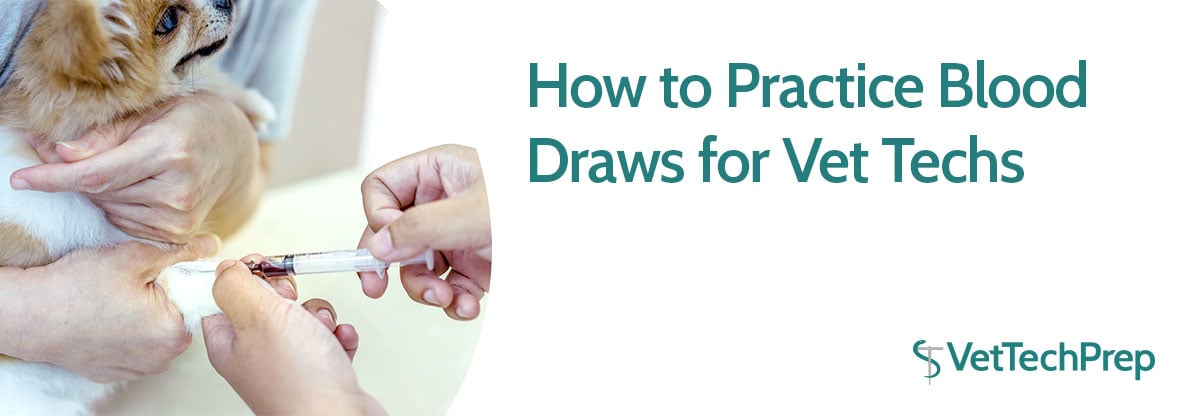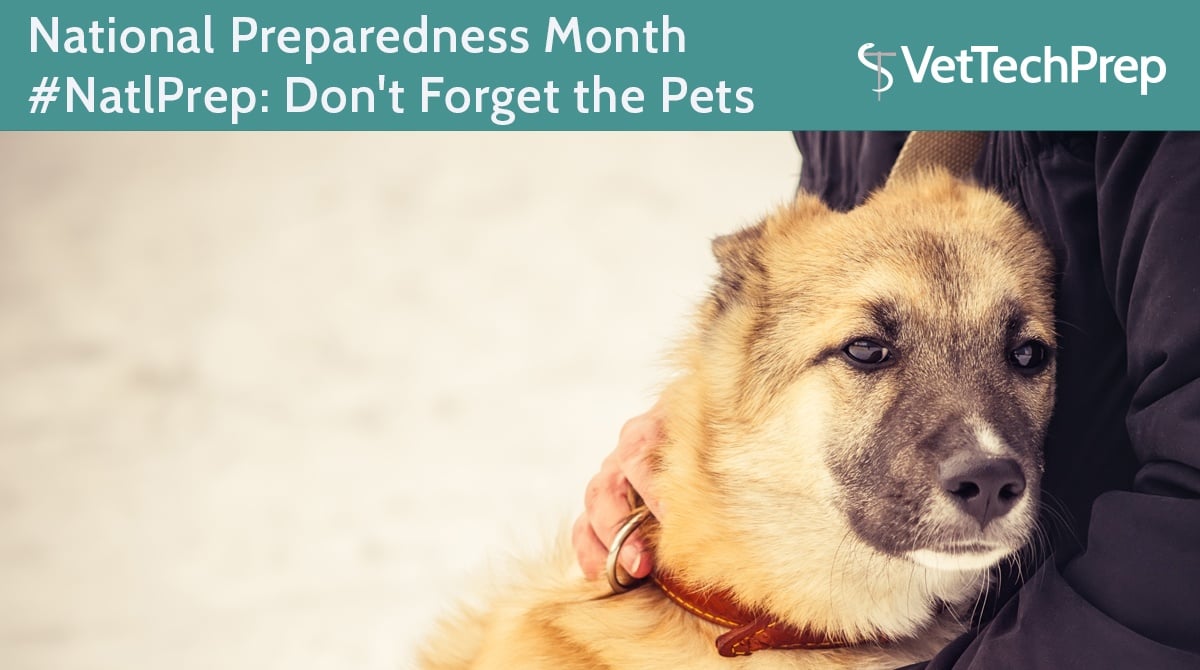
How to Practice Blood Draws for Vet Techs

Top 5 Vet Tech skills needed to help your AHDS patients

Link: Here's Who I Blame for the High Cost of Vet Care

Veterinary Technicians and Vet Students: How can you help pets during natural disasters?

After so many natural disasters and emergency situations experienced in different parts of the world in 2018, it is a good idea to review the different ways you can help in times of crisis.
There are a number of ways to help-from joining response teams, to disaster training and donating time or resources- check out this DVM360 article, “4 Ways Technicians Can Help When Disaster Strikes” to get informed and inspired to help!
Read MoreVet Techs: How to Write a Cover Letter

We have recently been reviewing lots of resumes at our clinic. Many resumes come with no cover letter. I like a cover letter because it tells a little more about the person that is applying and what they are looking for, rather than just the list of qualifications on the resume.
Read More7 Tips for New Vet Techs in Practice

Nervous about starting your first job as a vet tech? You will do great! Here are a few tips to help you make a smooth transition into your new position.
Read MoreHow to Calculate a Dose of Injectable Medication
The VTNE will have several questions for which you will need to perform calculations. We will be having several blog posts on how to do different types of calculations. It is good review for in-clinic use as well as studying for the VTNE. Here is a quick review of how to calculate a dose of injectable medication. We want you to know how to calculate pet drug dosage.
Read MoreRemembering Where to Place ECG Leads on Animals

ECG leads (or electrocardiographic leads) record the electrical potential at the different points on the body. Where the leads are placed determines a specific pattern we are looking for on our recording.
Read MoreWater Intoxication in Dogs?

I recently read a heartbreaking story about a dog at the lake that was playing with his family, chasing balls and sticks into the water and retrieving them over and over until he became extremely tired.
But he wasn't just worn out. He had ingested enough fresh water to cause his sodium levels to drop, known as hyponatremia. The main risk with acute hyponatremia like this is brain swelling.
Read More10 Funny Sounding Veterinary Medical Terms and Definitions: Do You Know These?

Intubation Tips and Instructions for Vet Techs

Intubating dogs and cats is not only an important task and something we do almost every day, but it is critical that it is performed correctly. Here is a step-by-step description regarding intubation.
Read MoreLyme Disease Epidemic and Prevention

There is an epidemic of Lyme disease in our country, and it continues to get worse. It is on the rise in humans, which means it is also on the rise in our pet patients.
Read MoreHow To Treat Grape Ingestion & Toxicity

We all know that grapes and raisins can be toxic to dogs. But why? How should we treat grape ingestion in order to prevent toxicity, and what should we do if toxicity occurs?
Read MoreNational Preparedness Month #NatlPrep: Don't Forget the Pets

There have been many recent natural disasters around the globe. Wildfires, hurricanes, tornadoes, and earthquakes. People may be prepared for the disasters that are more common in their region, but disasters can affect all of us in more ways than you think.
Even if you aren't directly impacted, a disaster somewhere else in the nation could affect gas and transportation, supply of water, food, and mail delivery. The things were are used to having every day may not always be readily available when disaster strikes. #NatlPrep
Read MoreWhen Should Ventricular Premature Complexes (VPCs) Be Treated?

Veterinary technicians are often tasked with close monitoring of patients post-operatively, and during anesthesia. It is important to monitor for Ventricular Premature Complexes so that you may notify the doctor (especially after and during procedures such as GDV and splenectomy where they are commonly seen).
Read More
